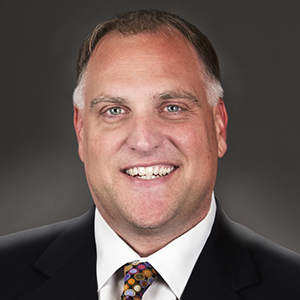How a Professional Employer Organization Can Help Manage Your Company's Health Insurance

This article was updated on Sept. 6, 2018.
It's getting harder and harder for employers to manage their health insurance plans on their own. Health care costs continue to rise every year, and more of that financial burden is falling on employers. At the same time, the Affordable Care Act (ACA) has created complicated new regulations that need to be followed or else companies may be subject to costly penalties. If you're looking for help with managing your health insurance program, a professional employer organization (PEO) could be the answer.
What is a PEO?
A professional employer organization provides HR services and benefits for other companies. These organizations combine the workforces of many companies so they can use the scale to more effectively offer benefits such as health insurance. They do this through a system known as co-employment. When you sign up with a professional employer organization, your employees become co-employed by the PEO, through which employees receive benefits and HR services. However, you maintain complete business control of your workforce, including hiring and assigning responsibilities.
Benefits
Because a PEO combines the workforces of many companies, businesses may be able to qualify for the lower health insurance rates that are typically only available to the largest companies. Joining a large group may lower your costs because the costs are spread over many more people. If one of your employees gets sick and needs an extremely expensive medical procedure, for example, it may not affect your company nearly as much as it would if you ran your own plan.
In addition, the PEO manages its health insurance plan and makes sure it stays compliant, meaning you'd no longer need to figure everything out on your own. The PEO would also make many other specialty health benefits available to your employees, such as dental and vision care. For many small-to-medium-sized businesses, it's too much work to set up these extra benefits individually, but they come as part of the package of signing up with a PEO.
Considerations
Before joining a PEO, there are a couple of factors to consider. First, they charge a fee for their services. Using a PEO is less expensive than running your own HR department, but it is still an added expense. In addition, the PEO model can confuse employees, because their paychecks and benefits will be suddenly issued by another company. You need to make sure you properly explain what's going on to prevent confusion in your workforce.
Despite these issues, many companies still see PEOs as the most effective way to manage their health insurance program. As health care costs and regulations continue to rise and change, expect PEOs to become an increasingly common option.



